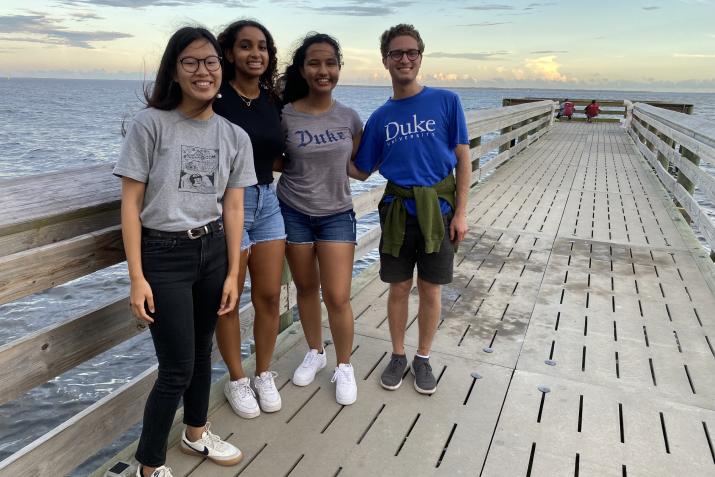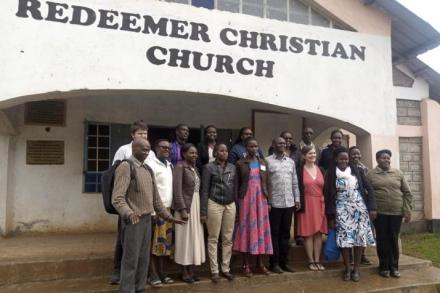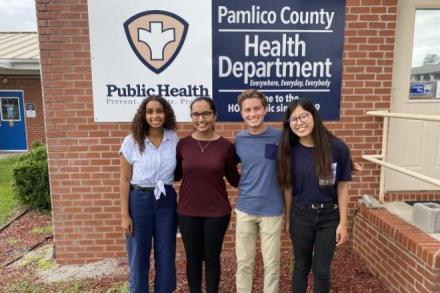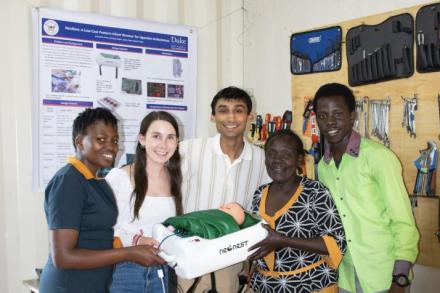Experiential learning activities (ELAs) are a cornerstone of global health education at Duke. In a typical year, Duke students are involved in field-based projects in more than 20 countries, where they work closely with community partners to understand and address health challenges. These transformative experiences teach students how to conduct ethically grounded, collaborative research while fostering critical thinking, self-awareness and cultural humility.
ELAs are part of the requirements of many of our educational programs. See the ELA requirements for each of our programs, or consult with your advisor to learn more.
Education News
Students Go Far — and Near — for Summer Field Experiences
Participating in field-based research is one of the formative parts of the global health education. But more students are finding you don't have to travel far to expand your horizons.
Read More
ELA Programs
Global health students may be able to meet ELA requirements through one of the following Duke and DGHI programs.
Student Research Training (SRT) Program
(undergraduate students)
DGHI offers undergraduate students the opportunity to collaborate with a faculty mentor and community partner to develop, implement and assess a project.
DukeEngage
(undergraduate students)
DukeEngage empowers undergraduate students to address critical human needs by fully funding a summer of immersive service in the U.S. or internationally.
Bass Connections
(undergraduate and graduate students)
A university-wide initiative to provide students at all levels (undergraduate through doctoral) greater exposure to inquiry across disciplines, and opportunities for team-based research, learning and mentoring.
Internships
(undergraduate and graduate students)
We work with numerous U.S. and international organizations that offer internships for undergraduate and graduate students, which may meet both academic and ELA requirements.
Faculty-mentored research projects
(undergraduate and graduate students)
Students in the Master of Science in Global Health program are placed into faculty research and internship opportunities through a structured match process in the fall of their first year in the program.
Undergraduate students also may work with faculty mentors to design projects that meet ELA requirements.
Explore ELA Experiences
Browse these pages to see some of the projects students have worked on as part of ELAs, as well as ELA projects that are currently going on in the field.


